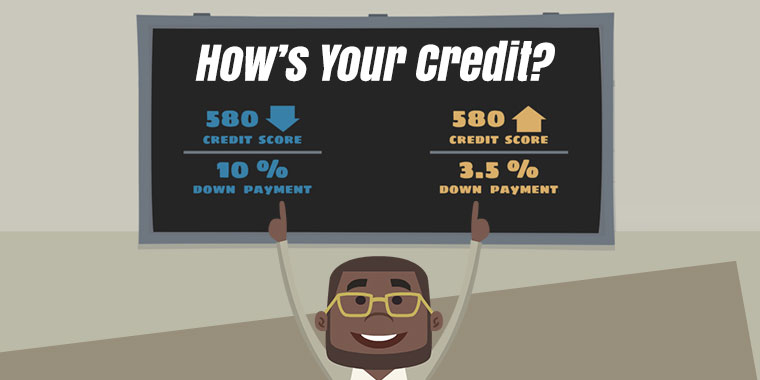Beyond the Break-Even With FHA Discount Points
April 30, 2025
Discount points are an option for borrowers willing to pay a fee to lower the interest rate by a set amount. This is not right for all borrowers, and you don't want to pay for points you won't benefit from during the loan term.
That's why it pays to ask some critical questions. Are you a first-time homebuyer feeling overwhelmed by the process? Do you anticipate changes in financial or housing needs in the coming years?
The discount point question can be complicated. Calculating break-even points, projecting long-term savings, and weighing the opportunity cost of your capital is time-consuming and requires dedication.
For some FHA borrowers, accepting the lender's offered interest rate without the added layer of points can simplify the transaction. Doing so lowers the risk of making a decision they don't fully grasp or later regret. Sometimes, keeping things simple is best, but not always.
An important factor when weighing your discount points options is the possibility of refinancing your FHA loan in the future.
Interest rates are subject to market shifts. If rates experience a significant downturn, you might be able to refinance your FHA loan at a more favorable rate. If you've already paid for discount points on your original loan, the financial benefit of that upfront investment could be entirely negated by a future refinance.
If you think you may refinance in the coming years, paying for discount points now introduces the risk of that cost becoming a "sunk expense." Not all borrowers fully comprehend the mechanics of how points work and the extended timeframe often required to recoup their cost.
While lenders are responsible for clearly explaining the costs and potential savings, it's equally your responsibility to ask questions and ensure you thoroughly understand the implications.
Discount points are best for those who plan to keep the home and the original mortgage long-term. If that doesn't sound like you, avoiding paying for discount points may be best.
Remember, the goal is not just to get approved for the FHA loan, but to secure a loan that serves your long-term financial needs. Weigh the cost of buying points against the uncertain future benefits of doing so. Make your financial health the priority.

FHA Loan Articles
November 20, 2024Refinancing your mortgage offers a way to cash in on your home equity, potentially reduce your interest rate, or modify your loan term. Borrowers ready to consider have options including FHA loans and conventional loans.
While both provide avenues for refinancing, each loan type may be best for specific needs and financial circumstances. What are the differences between FHA and conventional refinance options?
November 14, 2024The home you want to buy might seem perfect, or it may have a few flaws that are acceptable in the grand scheme of things. But what about issues you can’t spot just by walking through the property a few times? A home inspection provides an unbiased, expert assessment of the property's condition, uncovering potential issues that might not be noticeable to the untrained observer.
November 12, 2024Escrow is an important feature of most typical FHA loans. An escrow account is a third-party account where borrowers deposit funds designated for property taxes and other uses. Requirements to use escrow accounts typically stems from a need to protect all parties involved in the transaction
November 2, 2024When it’s time to consider buying a home, the Federal Housing Administration (FHA) offers two popular options. One is the traditional FHA purchase loan many use to buy a house in the suburbs. But not everyone wants to buy an existing property. Some want more control over the design and configuration of the home.
The other FHA construction loan option, the one-time close mortgage, comes in here. This option is for those who want to approve floor plans, have a say in the types of materials used to build the home and choose its features.
October 31, 2024When buying a home for the first time, it helps to know how long the process can take. How do you know if your appraisal report is delayed if you don’t know how long the FHA allows for the process to be completed? How long does it take to get from the final offer to closing day? A “typical” FHA loan process may take up to 45 days from start to finish. Several factors can influence this timeline.







